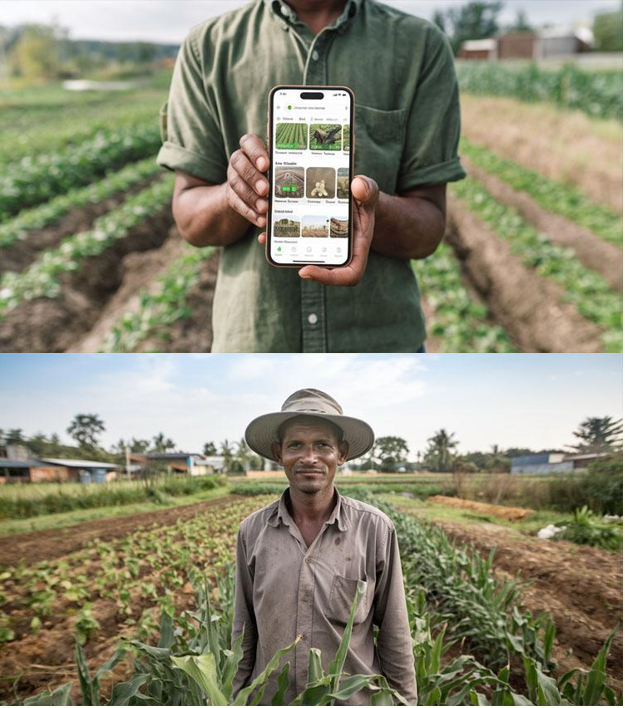INP-WealthPk
Muhammad Saleem
Integrating modern methods into farming is a must to help small farmers navigate the challenges of climate change and resource limitations, which are hitting their yields. Dr Ahad, an agriculture economist, talking to WealthPK said that the future of small-scale farmers rested on the integration of innovative practices into traditional farming systems. “It is the responsibility of policymakers and agricultural scientists to find practical solutions to the challenge.” He said small farmers faced multiple challenges as they lacked resources to access modern technologies, and their inadequate financial resources tied their hands in applying modern cultivation methods. Besides, he said climate change was throwing a wrench into agricultural challenges, making it difficult for farmers to quickly embrace advanced approaches to cultivation.
“Due to such issues, farmers are unable to get desired results as their input costs are increasing.” Ahad said that without agriculture-friendly policies, Pakistan could not create an environment for innovation adoption. He emphasised that Pakistan needed to introduce policies that can support farmers in adopting modern technologies to boost their productivity and stay ahead of the curve in battling climate change. He said the government should subsidise agricultural inputs, invest in research and development and improve market access for smallholder farmers. “Majority of our farmers are not well-versed with modern technology, so we have to prepare them for this,” he said. “Policymakers should announce financial incentives for farmers so that they can purchase the latest farming tools,” he emphasised.
“Collaboration between the private sector and farmers is crucial as it can help implement innovative ideas and technologies on farms,” he suggested. Ahtsham, a progressive farmer, said without embracing innovative approaches, they could not secure the future of farmers. He told WealthPK that technology was not just an option but a necessity for survival now. “The agricultural landscape is changing fast, and we must prepare our farmers to tackle the emerging challenges,” he added. Ahtsham mentioned that artificial intelligence posed serious threats to those stuck in their ways. He pointed out that resource efficiency and crop yields had improved globally because of innovations like precision agriculture, drone technology and hydroponics.
“Now farmers are monitoring their crops with the help of drones, which was a daunting task in the past. Monitoring pest infestations or nutrient deficiencies is easy with drone technology, which can help farmers reduce their losses,” he stressed. “Precision agriculture technologies are promising as they optimise resource use – water, fertilizers and pesticides. With this technology, farmers can get higher yields with reduced environmental impact.” “We must train farmers on mobile applications to help them keep an eye on the markets. Effective monitoring of market trends will help farmers enhance their income by cutting out the middleman. Similarly, innovations like mobile cold storage can also reduce post-harvest losses,” the progressive farmer said.

Credit: INP-WealthPk













